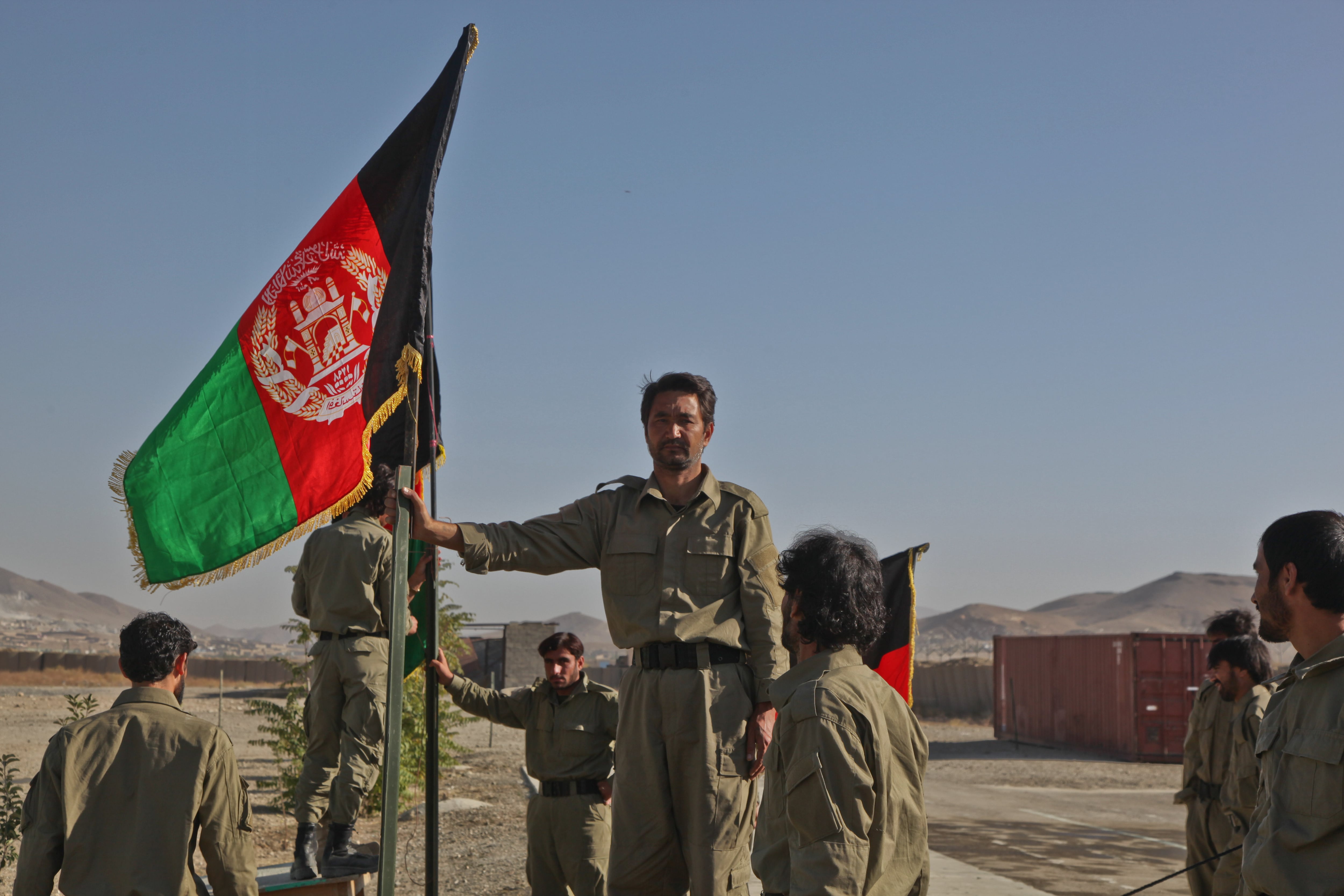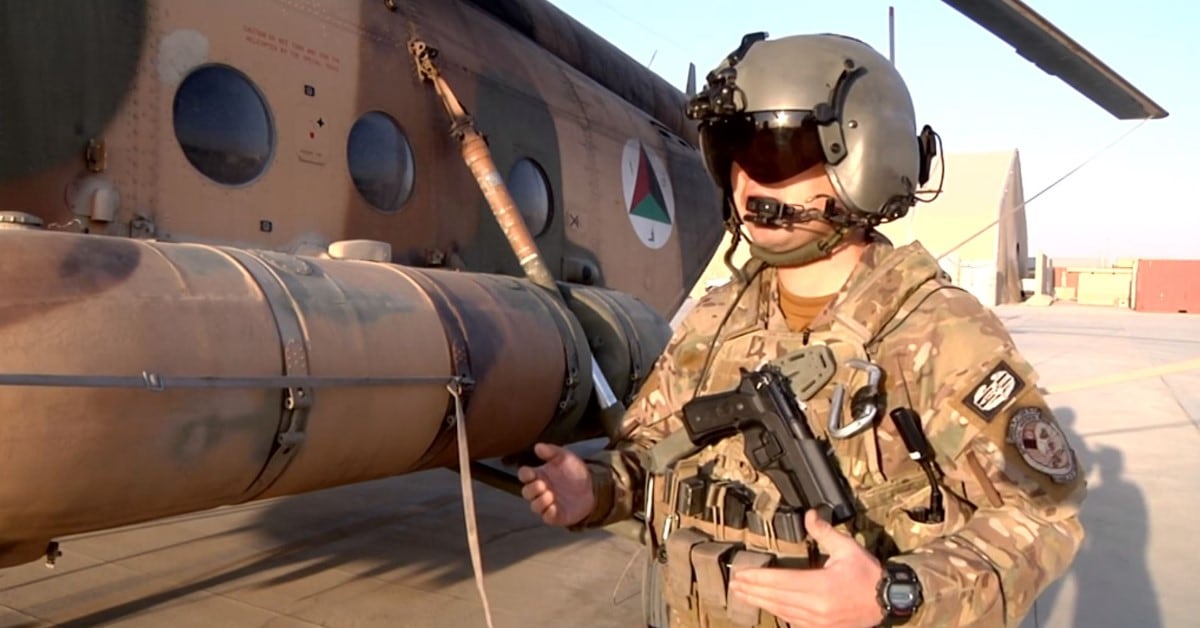The Defense Department has reported that as of February, nine of the more than 150 Afghan trainees in the United States who went absent without leave, or AWOL, across the nation remain unaccounted for.
Afghan trainees in the United States go AWOL at a rate of 6 percent. Conversely, trainees from other countries go AWOL at a rate of only 0.07 percent, according to the special inspector general for Afghanistan reconstruction.
The numbers were given to Sen. Claire McCaskill, D-Mo., the ranking member of the U.S. Senate Committee on Homeland Security and Governmental Affairs.
In a press release, McCaskill’s office said 11 of those Afghan trainees who went AWOL were training at Fort Leonard Wood, in her home state of Missouri.
“The fact that there were ever Afghan military personnel unaccounted for in Missouri is deeply concerning, and I’m glad to get answers from the Defense Department showing that they’ve all been accounted for — however, it’s clear that there’s more the government can do to prevent this moving forward,” McCaskill said in a statement.
The trend of Afghan military personnel ditching their duties has been fairly common, according to a report published in October by the special inspector general for Afghanistan reconstruction, or SIGAR.
“We found that nearly half of all foreign military trainees that went AWOL while training in the United States since 2005 were from Afghanistan (152 of 320),” the report reads.
Company-grade officers, with the rank of lieutenant or captain, were the most common trainees to go AWOL.
Given the key role company-grade officers play in providing direct leadership to their NCOs and younger enlisted personnel, the trend of defection among them is concerning, according to SIGAR.
SIGAR also found the number of Afghan trainees going AWOL has been increasing since 2015. The instances of AWOL trainees may degrade the operational readiness of Afghan National Defense and Security Forces (ANDSF) and the morale of fellow trainees and home units, as well as pose a security risk for the United States, according to SIGAR’s report.

Much of the training for Afghan military personnel is conducted at home, but some select Afghans are brought to the United States for additional instructional courses they can’t get elsewhere, the report said.
McCaskill originally raised her concerns to the Defense Department and Department of Homeland Security late last year after reading SIGAR’s findings. She requested answers on the current status of Afghan trainees in the United States as well as details on how the agencies work together to locate those who go missing, according to her office.
“Protecting the security of Missourians and all Americans is one of my most important responsibilities as a Senator, and I’m committed to getting to the bottom of how the government will do a better job of keeping track of foreign military personnel in the U.S.,” she added.
RELATED

While McCaskill cited security concerns for U.S. citizens, SIGAR’s report found that Afghan trainees tended to go AWOL on years that coincided with much higher levels of violence on the battlefield back home.
AWOL trainees were particularly high in 2009, for instance, which coincided with a 50 percent increase in the total number of Afghan Army and National Police killed in action.
Part of the problems found in tracking Afghan trainees include limited vetting of their visas, which can make it difficult to locate those who go missing.
In a letter sent Monday to the Department of Homeland Security’s Immigration and Customs Enforcement (ICE), McCaskill’s office said she was requesting more answers concerning “what has been done to improve coordination across different agencies to lessen the risk of trainees going AWOL and locate them if they do.”
Kyle Rempfer was an editor and reporter who has covered combat operations, criminal cases, foreign military assistance and training accidents. Before entering journalism, Kyle served in U.S. Air Force Special Tactics and deployed in 2014 to Paktika Province, Afghanistan, and Baghdad, Iraq.





